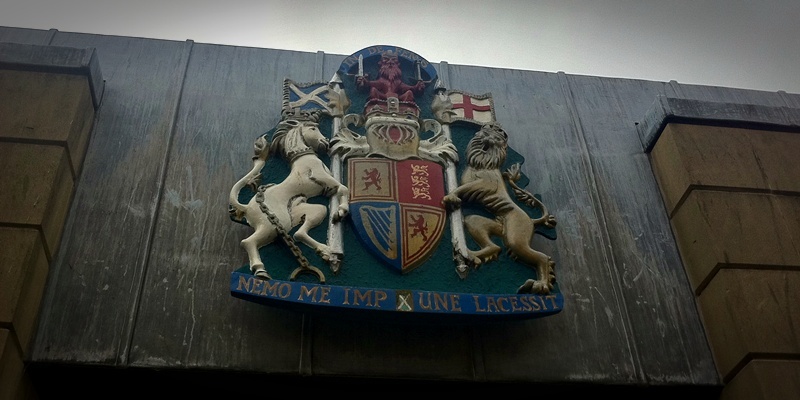The principle of corroboration would be abolished from Scots law under sweeping reforms outlined on Thursday.
The recommendation, which is thought would significantly increase conviction rates, was included in the findings of a study by High Court Judge Lord Carloway.
The review was prompted by a UK Supreme Court ruling that the Scots system allowing suspects to be held for six hours without access to a lawyer was incompatible with human rights law.
Lord Carloway hit out at the ”injustices” caused by the Cadder verdict, which saw scores of cases already going through the courts dropped and a new system of holding suspects rushed in.
He said: ”The sudden over-ruling of previously well-established and accepted law is not the best way to bring about change in any criminal justice system.
”It leads to instant reactions, rather than measured and thought-through plans for reform.
”It is disruptive to the system generally and has the potential to cause injustices in existing cases while attempting to redress perceived injustices in others.
”There is an acute need to ensure that the system is not vulnerable to further upheaval as a result of a single court judgement.”
The report also included a series of recommendations of ways to modernise the legal system including scrapping corroboration.
Until now, every item of evidence has to be corroborated either by two witnesses who agree, or with an item of physical evidence supporting witness testimony.
Now Lord Carloway says evidence from a single witness alone should be acceptable and the courts and juries will be free to judge it.
His study shows that last year more than 300 cases were dropped because of lack of corroboration.
It is thought almost 60% of the cases would have had a reasonable chance of conviction if the law of corroboration was not in place.
Other key recommendations in the report include:
An automatic right to a lawyer on arrest. The period of arrest before charge being limited to 12 hours. A requirement for suspects to be brought to court within 36 hours of arrest. Extra protections for vulnerable adults and children.
Lord Carloway said: ”I hope and trust that this report will make a significant contribution to the development of a modern, fair, effective and distinctly Scottish criminal justice system for the future.
”Corroboration has no place in a modern legal system where judges and juries should be free to consider all relevant evidence and to answer the single question of whether they are satisfied beyond reasonable doubt.
”Reform would bring Scots law into line with modern thinking on how to approach evidence in criminal cases.”
Justice Secretary Kenny MacAskill said: ”The Carloway review gives us considered advice on how we ensure our justice system continues to cope with unprecedented pressures and offers long lasting solutions to some of the challenges we face.”
Labour’s justice spokeswoman Johann Lamont added: ”We must ask ourselves honestly whether the current law serves the interests of justice for victims, particularly in crimes of rape and serious sexual assault, where the inherent nature of these crimes means corroboration is so often not possible.”
Conservative MSP David McLetchie said: ”If abolishing corroboration means that more people can be brought to trial then that is to be welcomed.”
